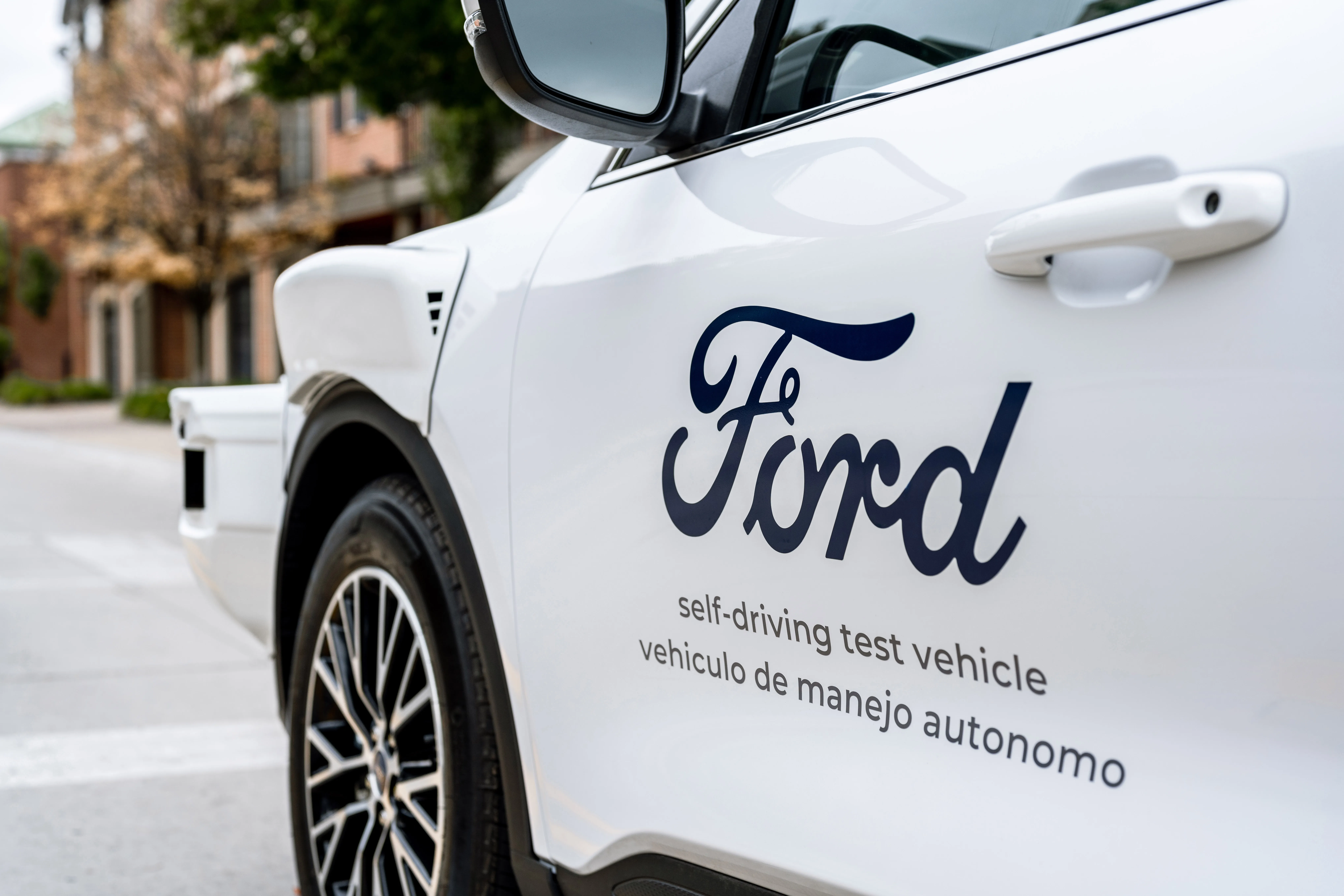US-based electric vehicle developer Lucid Motors is to collaborate with Israeli company Mobileye to enable autonomous driving capability on Lucid vehicles.
Lucid plans to launch its first car, the Lucid Air, with a complete sensor set for autonomous driving, including camera, radar and LiDAR sensors. Mobileye will provide the primary computing platform, full eight-camera surround view processing, sensor fusion software, Road Experience Management (REM) crowd-based localisation capability and reinforceme
January 4, 2017
Read time: 2 mins
US-based electric vehicle developer Lucid Motors is to collaborate with Israeli company 4279 Mobileye to enable autonomous driving capability on Lucid vehicles.
Lucid plans to launch its first car, the Lucid Air, with a complete sensor set for autonomous driving, including camera, radar and LiDAR sensors. Mobileye will provide the primary computing platform, full eight-camera surround view processing, sensor fusion software, Road Experience Management (REM) crowd-based localisation capability and reinforcement learning algorithms for driving policy. These technologies will offer a full advanced driver assistance system (ADAS) suite at launch and then enable a logical and safe transition to autonomous driving functionality through over-the-air software updates.
In common with other Mobileye programs, the camera set includes a forward-facing trifocal-lens camera and an additional five cameras surrounding the vehicle. In addition, Mobileye will offer sensor fusion software that incorporates data from radar and LiDAR sensors, along with the camera set, in order to build the critical environmental model necessary to facilitate autonomous driving.
Mobileye's REM system is intended to provide the vehicle with highly accurate localisation capability. Lucid vehicles will benefit from the near real-time updating of the collaborative, dynamic global Roadbook high-definition mapping system. Data generated from Lucid vehicles can be used to enhance the autonomous driving software and will also contribute to the aggregation of Mobileye's Global Roadbook.
Lucid plans to launch its first car, the Lucid Air, with a complete sensor set for autonomous driving, including camera, radar and LiDAR sensors. Mobileye will provide the primary computing platform, full eight-camera surround view processing, sensor fusion software, Road Experience Management (REM) crowd-based localisation capability and reinforcement learning algorithms for driving policy. These technologies will offer a full advanced driver assistance system (ADAS) suite at launch and then enable a logical and safe transition to autonomous driving functionality through over-the-air software updates.
In common with other Mobileye programs, the camera set includes a forward-facing trifocal-lens camera and an additional five cameras surrounding the vehicle. In addition, Mobileye will offer sensor fusion software that incorporates data from radar and LiDAR sensors, along with the camera set, in order to build the critical environmental model necessary to facilitate autonomous driving.
Mobileye's REM system is intended to provide the vehicle with highly accurate localisation capability. Lucid vehicles will benefit from the near real-time updating of the collaborative, dynamic global Roadbook high-definition mapping system. Data generated from Lucid vehicles can be used to enhance the autonomous driving software and will also contribute to the aggregation of Mobileye's Global Roadbook.








